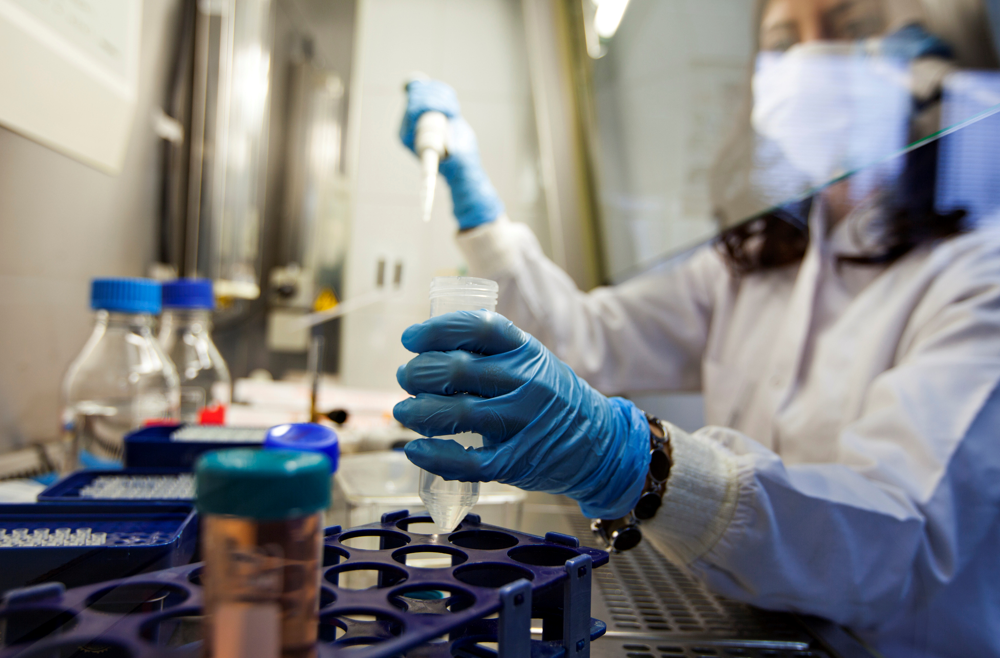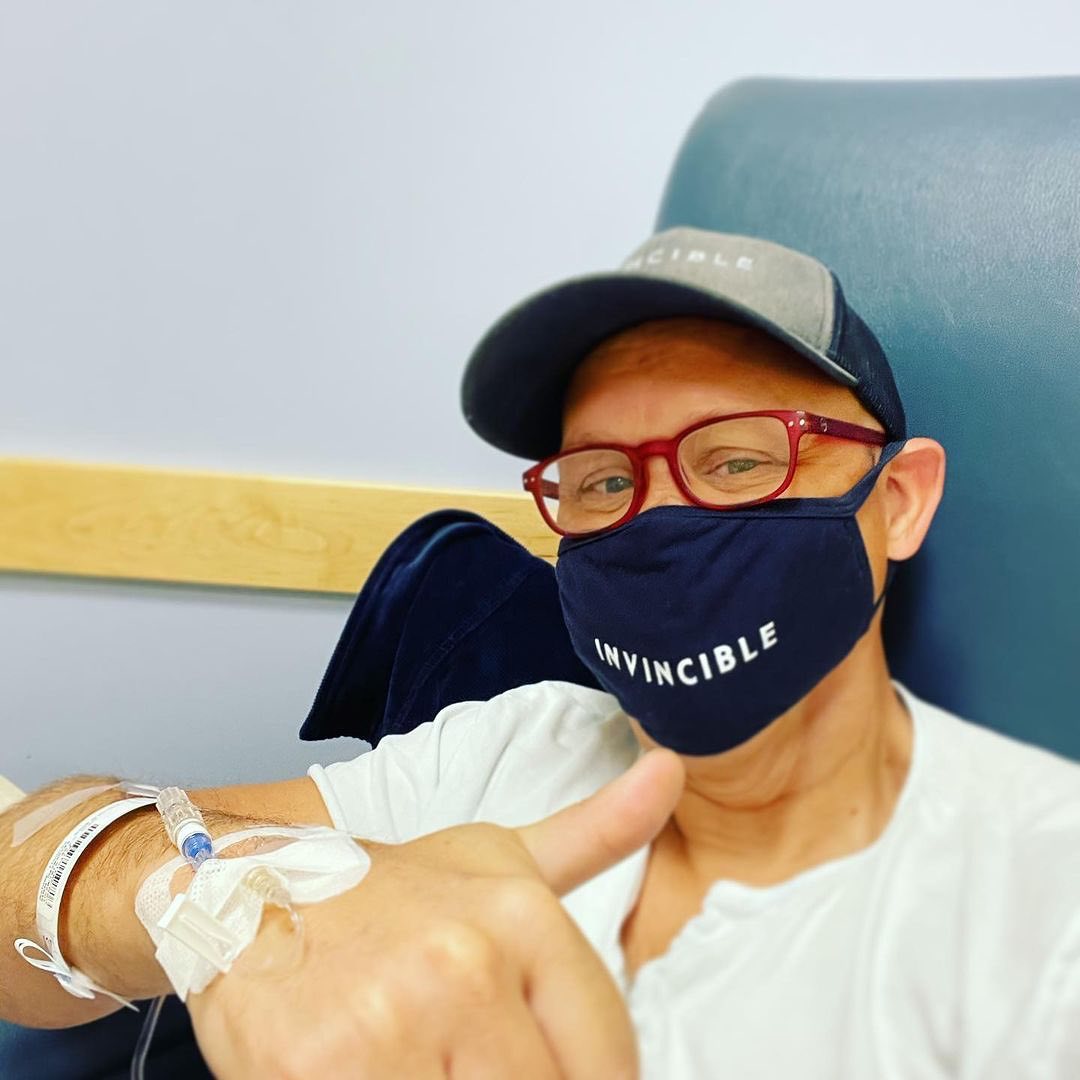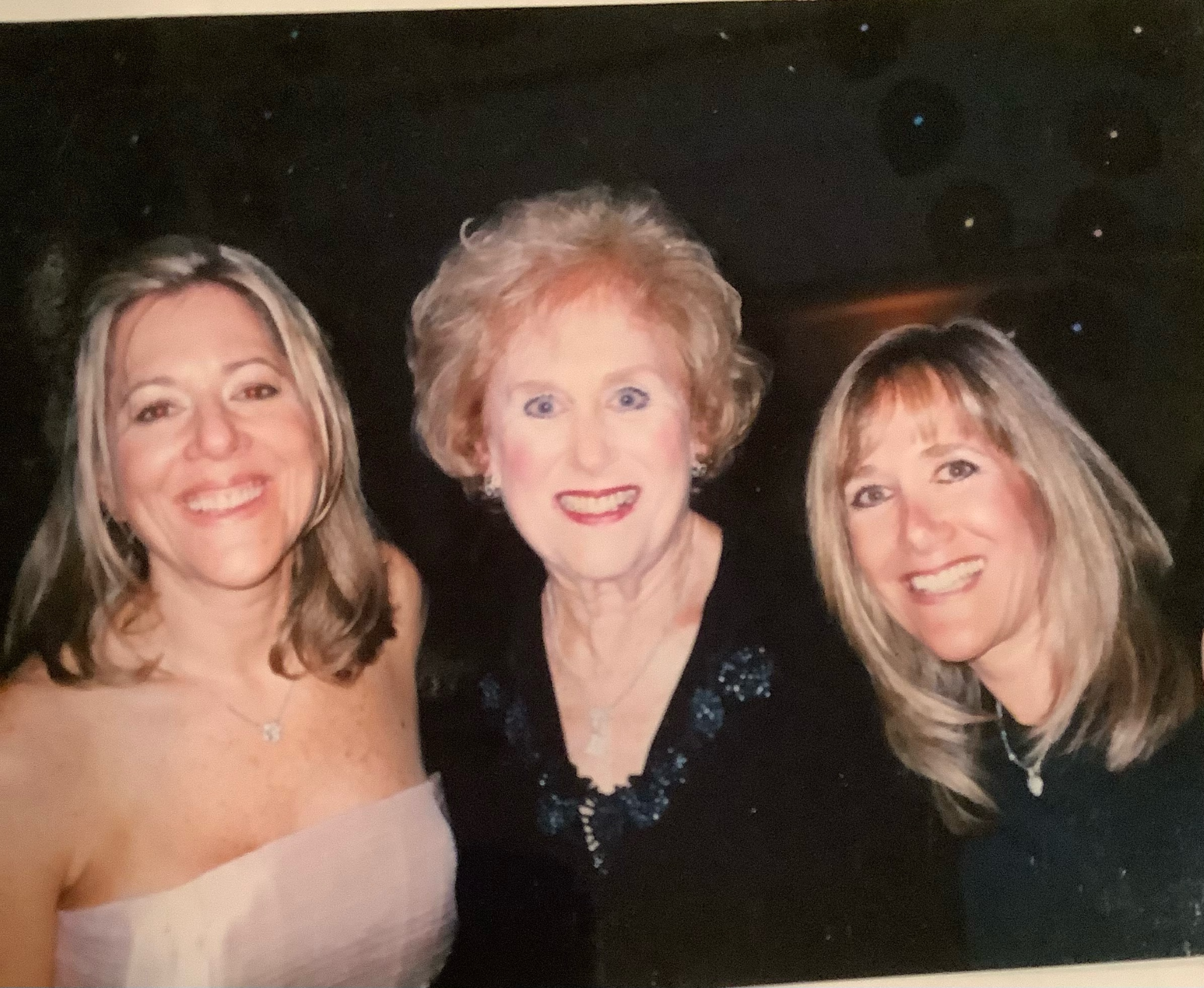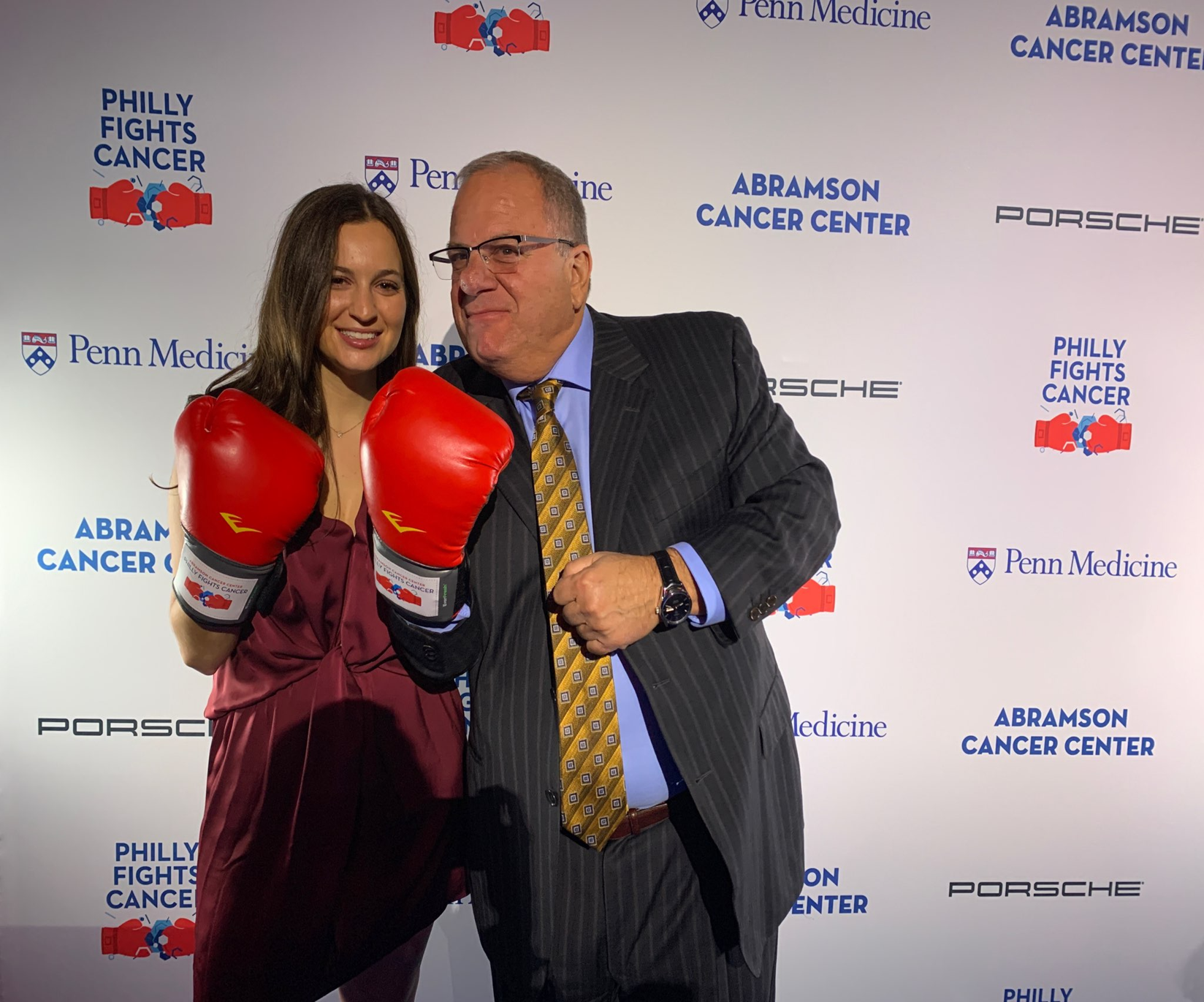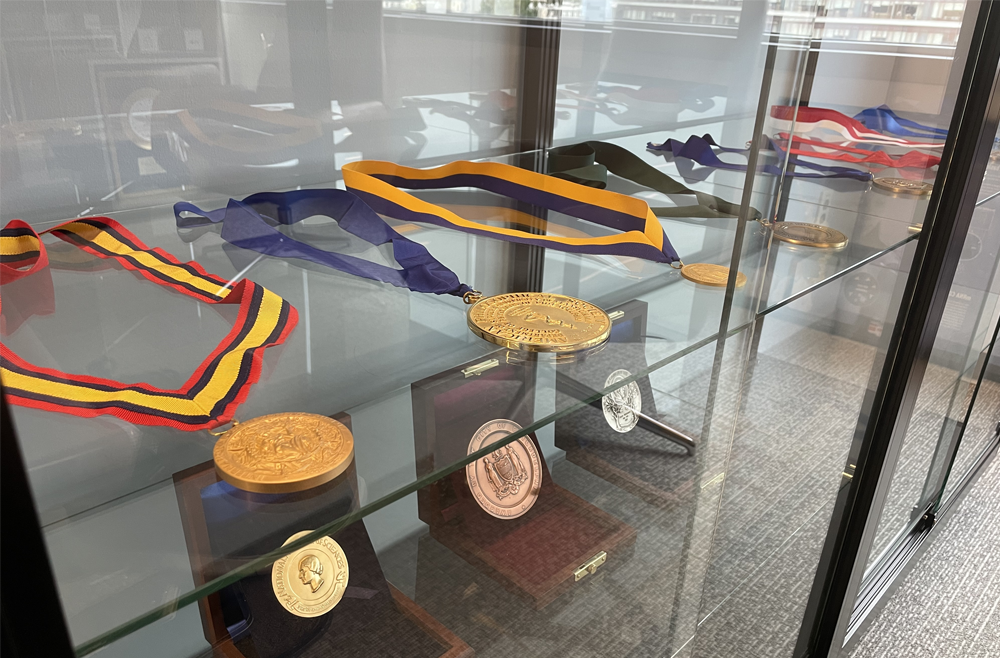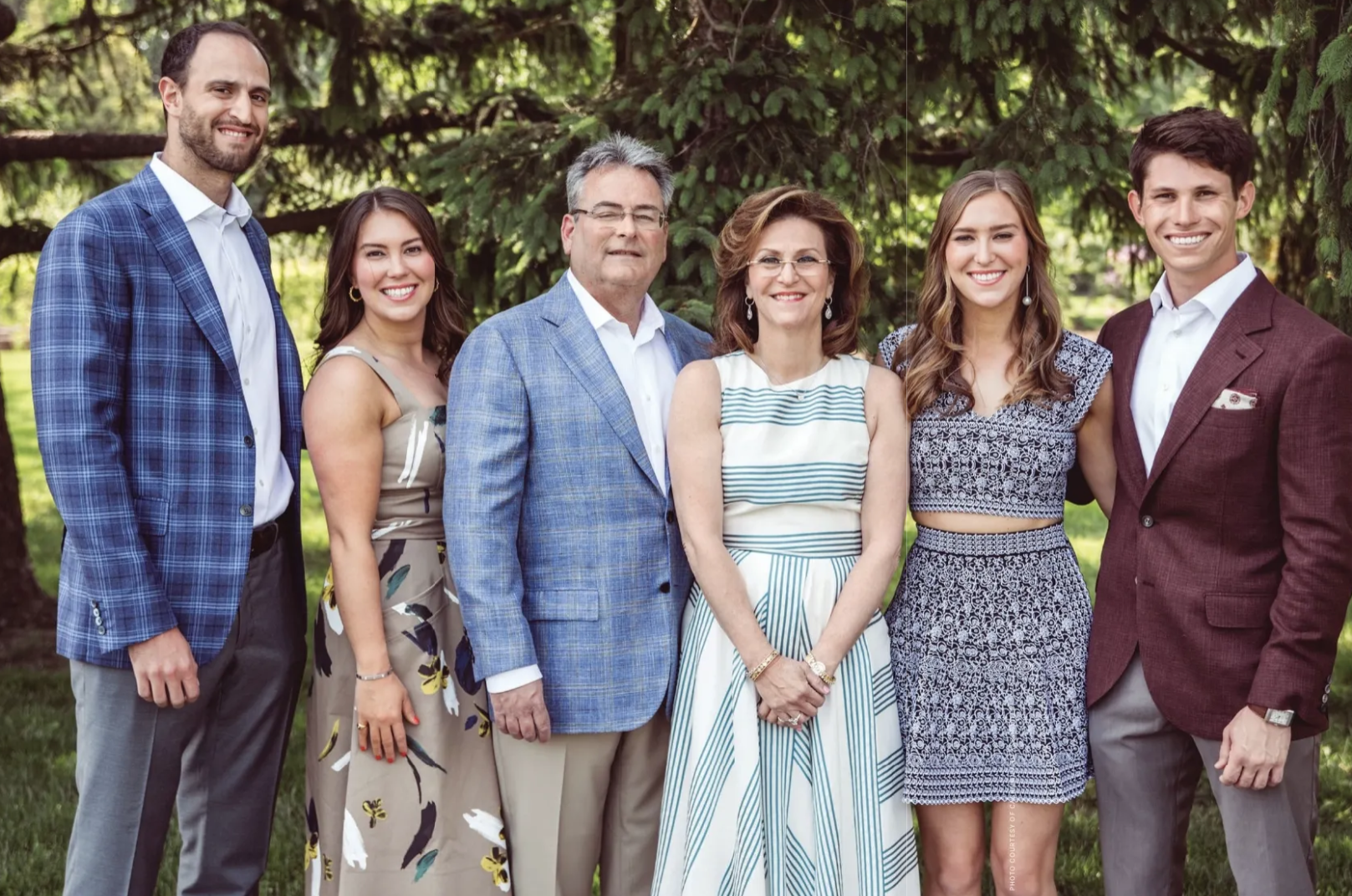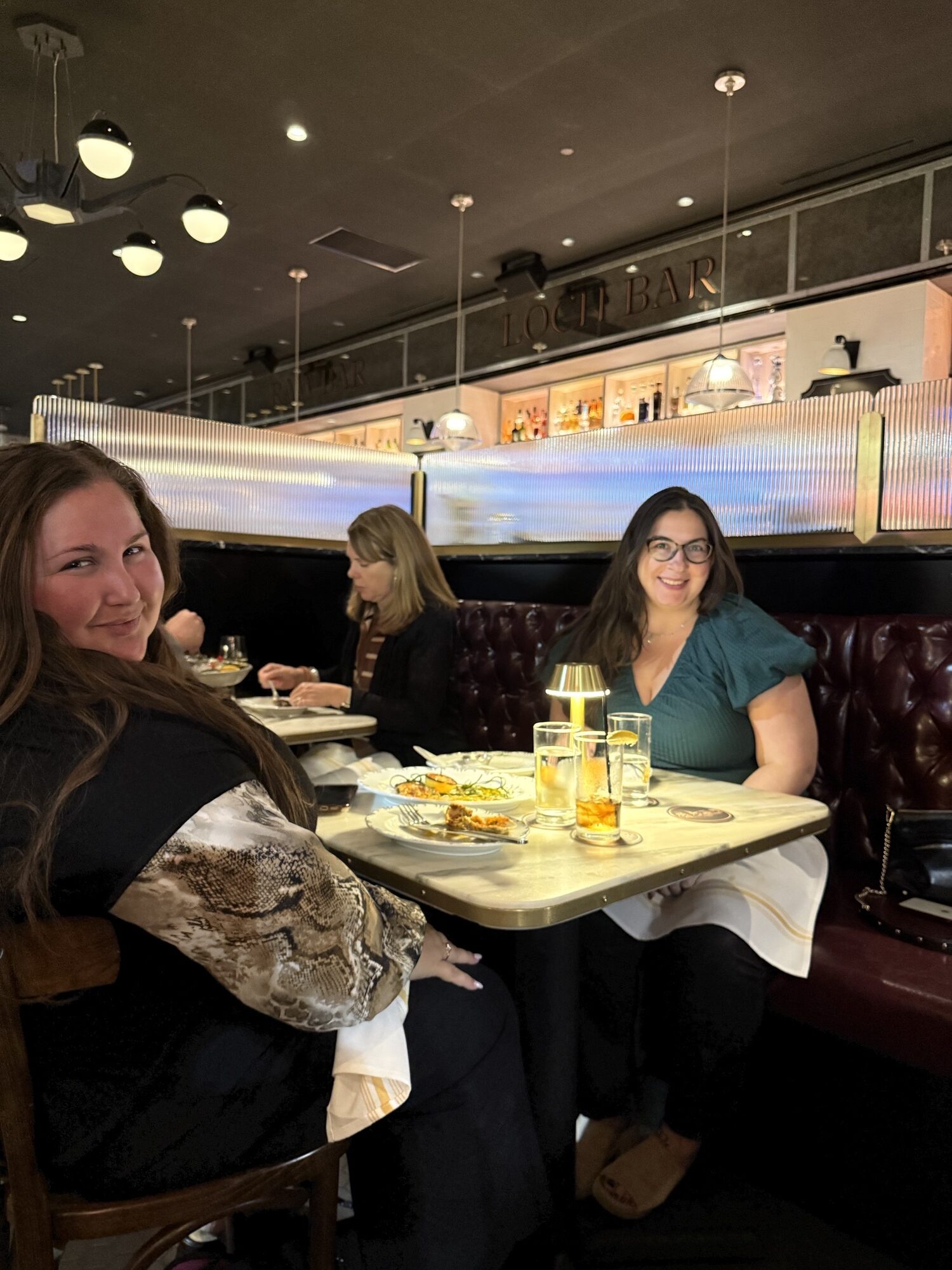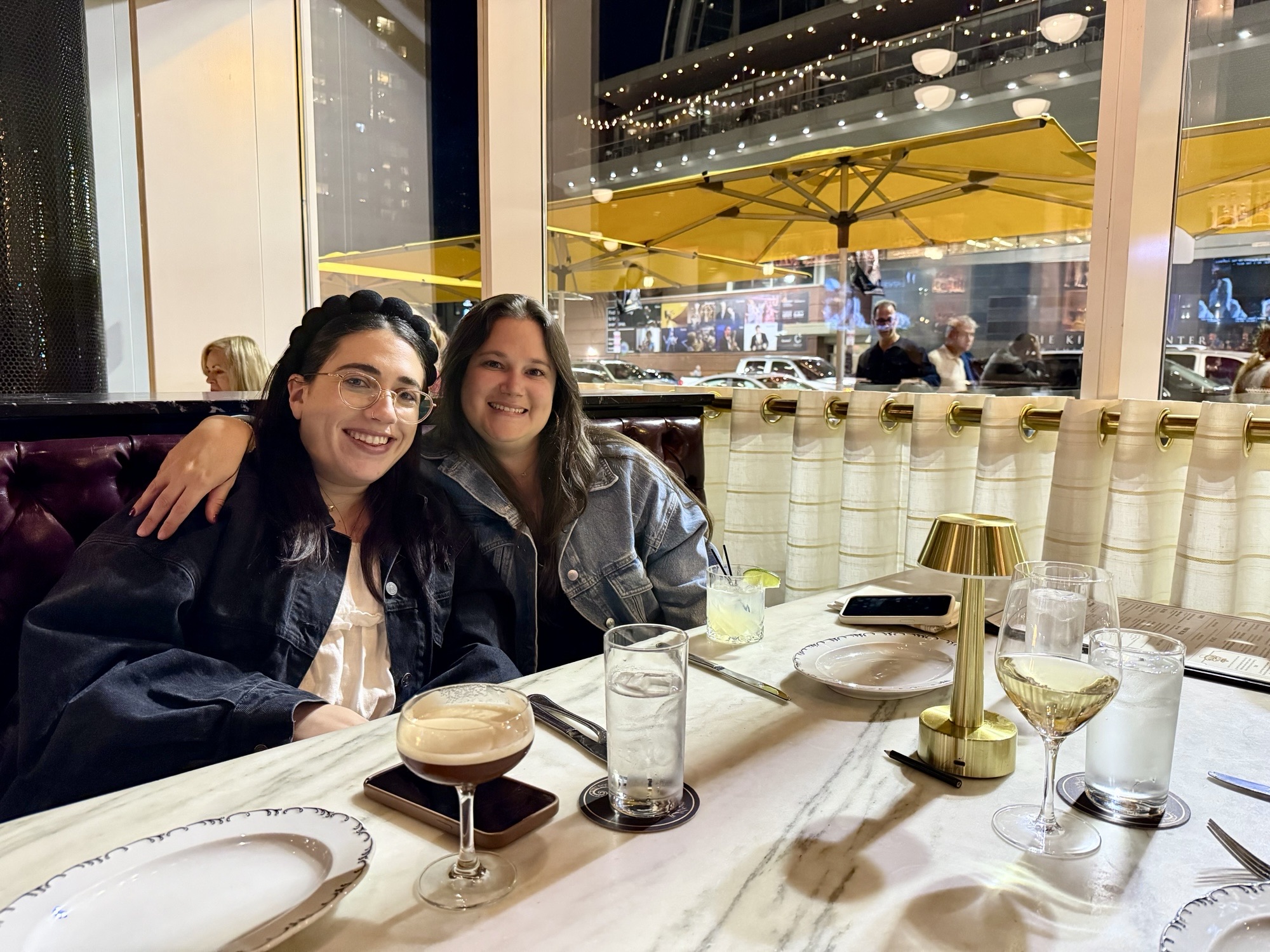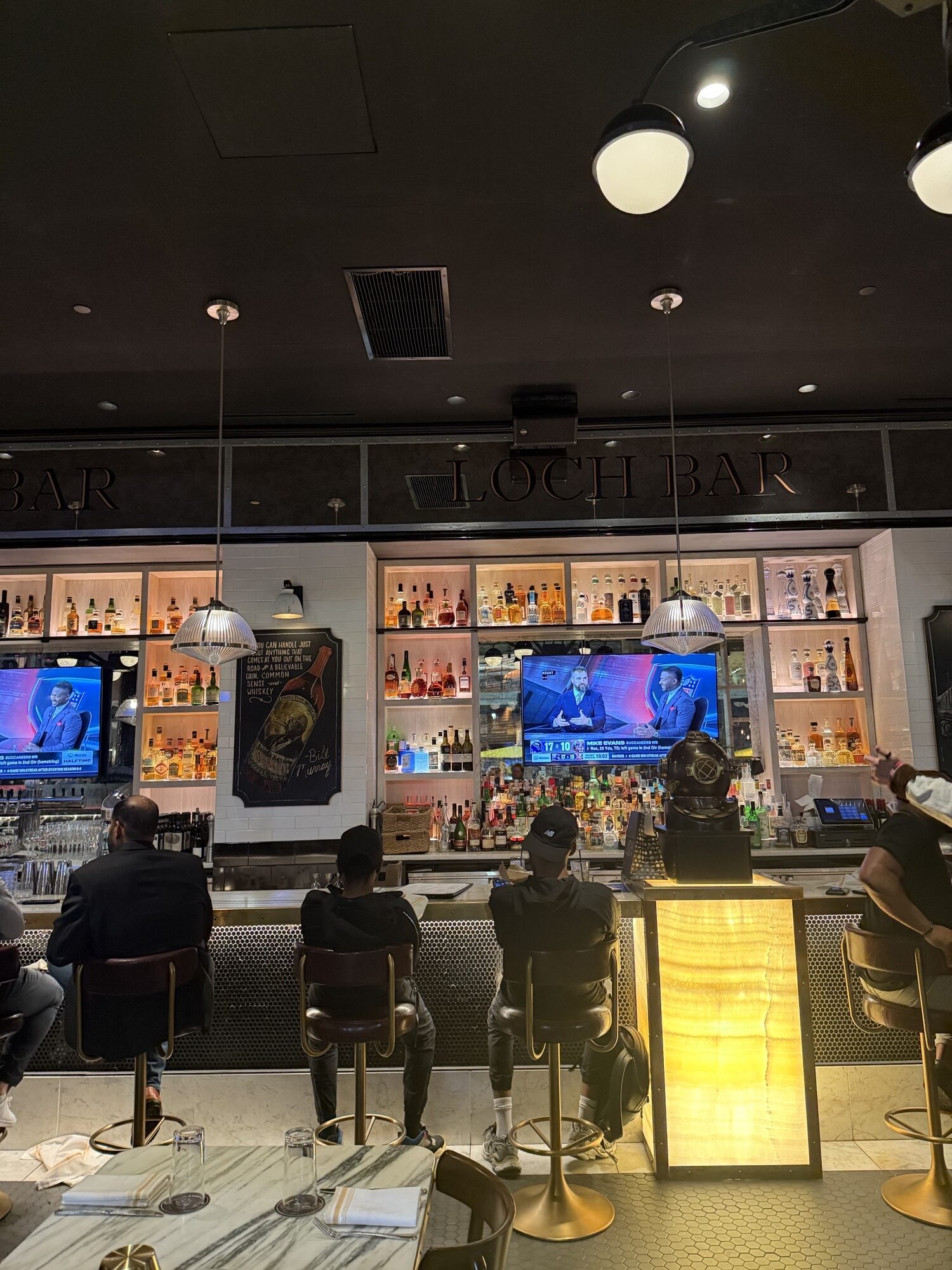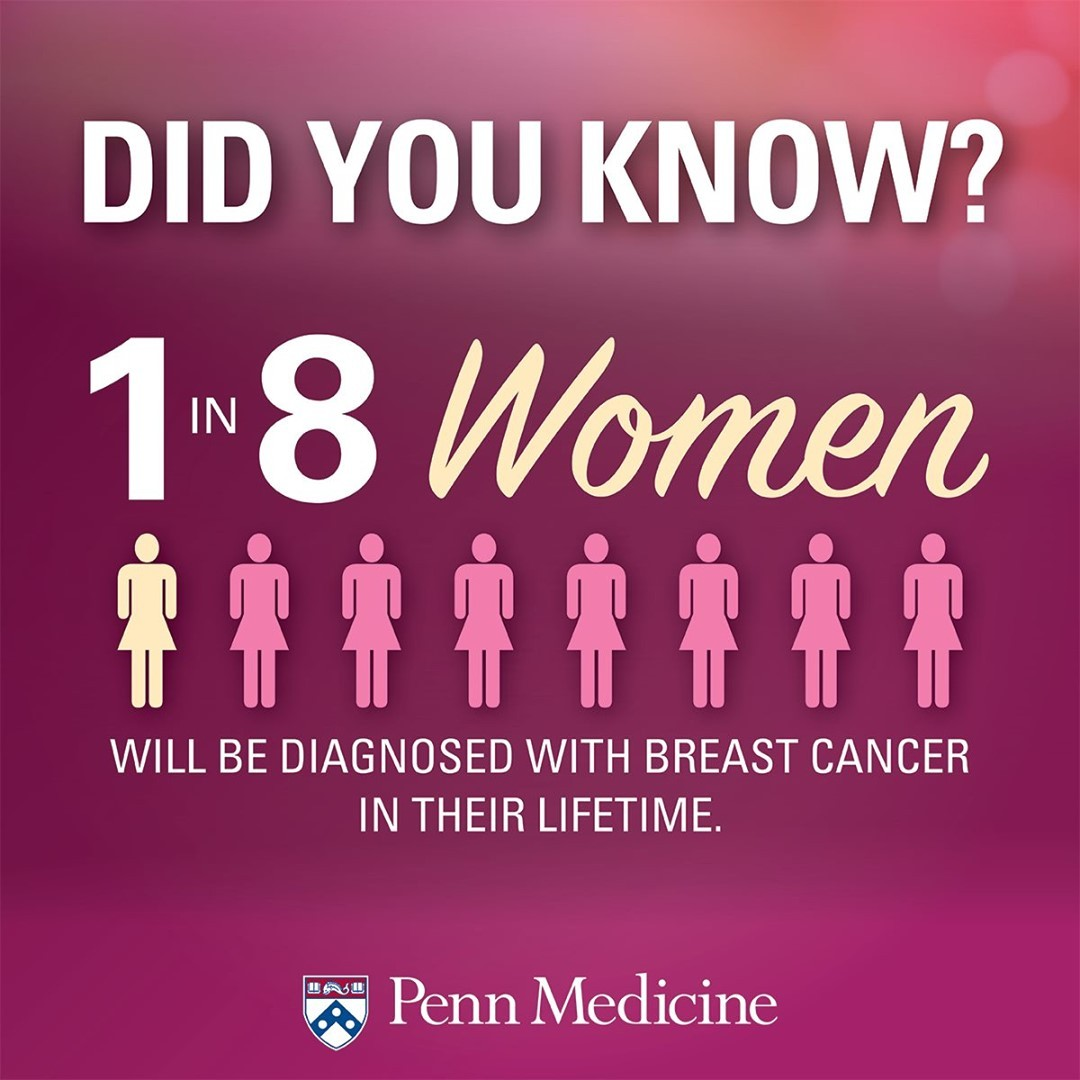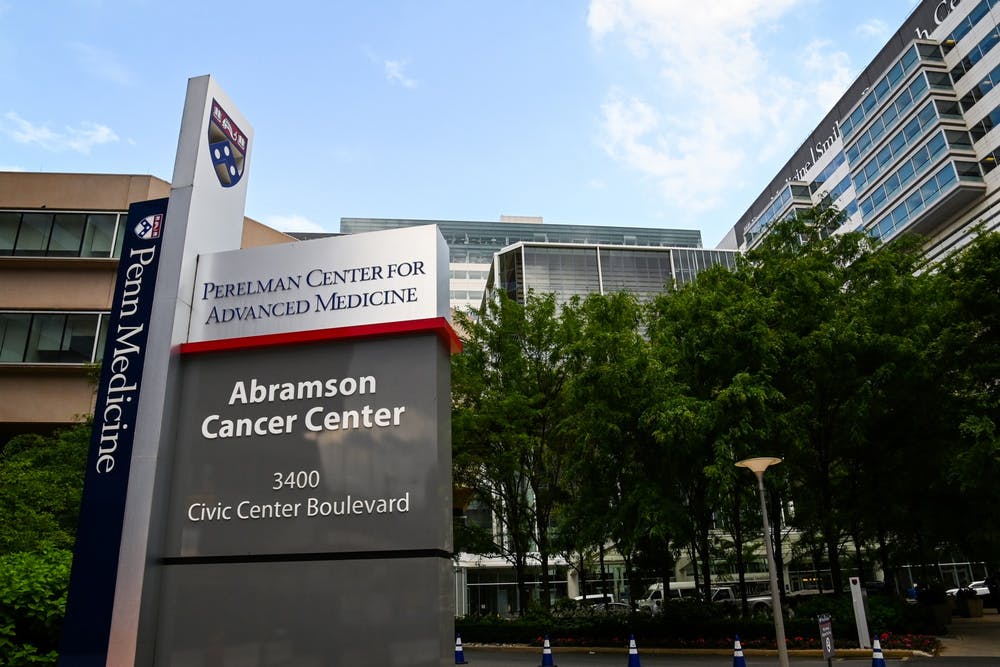
News & Updates
Madlyn Abramson’s Legacy Lives on This Mother’s Day
Sunday, May 11, 2025
This Mother’s Day marks five years since the passing of Madlyn Abramson — a beloved mother, friend, and visionary whose generosity continues to shape the future of cancer care. Madlyn’s bold spirit and philanthropic leadership helped lay the foundation for Philly Fights Cancer and transformed how Penn Medicine advances cancer research and delivers compassionate care. Her legacy lives on in every breakthrough, every patient helped, and every life saved.
Philly Fights Cancer is proud to carry her mission forward by funding the life-saving research and clinical trials at Penn Medicine’s Abramson Cancer Center — the place that bears her name and carries her heart.
Pictured: Abramson Cancer Center nurses assist in distributing our Philly Fights Cancer blankets, which are provided to some patients undergoing treatment to help make their visit more comfortable.


This Mother’s Day marks five years since the passing of Madlyn Abramson — a beloved mother, friend, and visionary whose generosity continues to shape the future of cancer care. Madlyn’s bold spirit and philanthropic leadership helped lay the foundation for Philly Fights Cancer and transformed how Penn Medicine advances cancer research and delivers compassionate care. Her legacy lives on in every breakthrough, every patient helped, and every life saved.
Philly Fights Cancer is proud to carry her mission forward by funding the life-saving research and clinical trials at Penn Medicine’s Abramson Cancer Center — the place that bears her name and carries her heart.
Pictured: Abramson Cancer Center nurses assist in distributing our Philly Fights Cancer blankets, which are provided to some patients undergoing treatment to help make their visit more comfortable.






